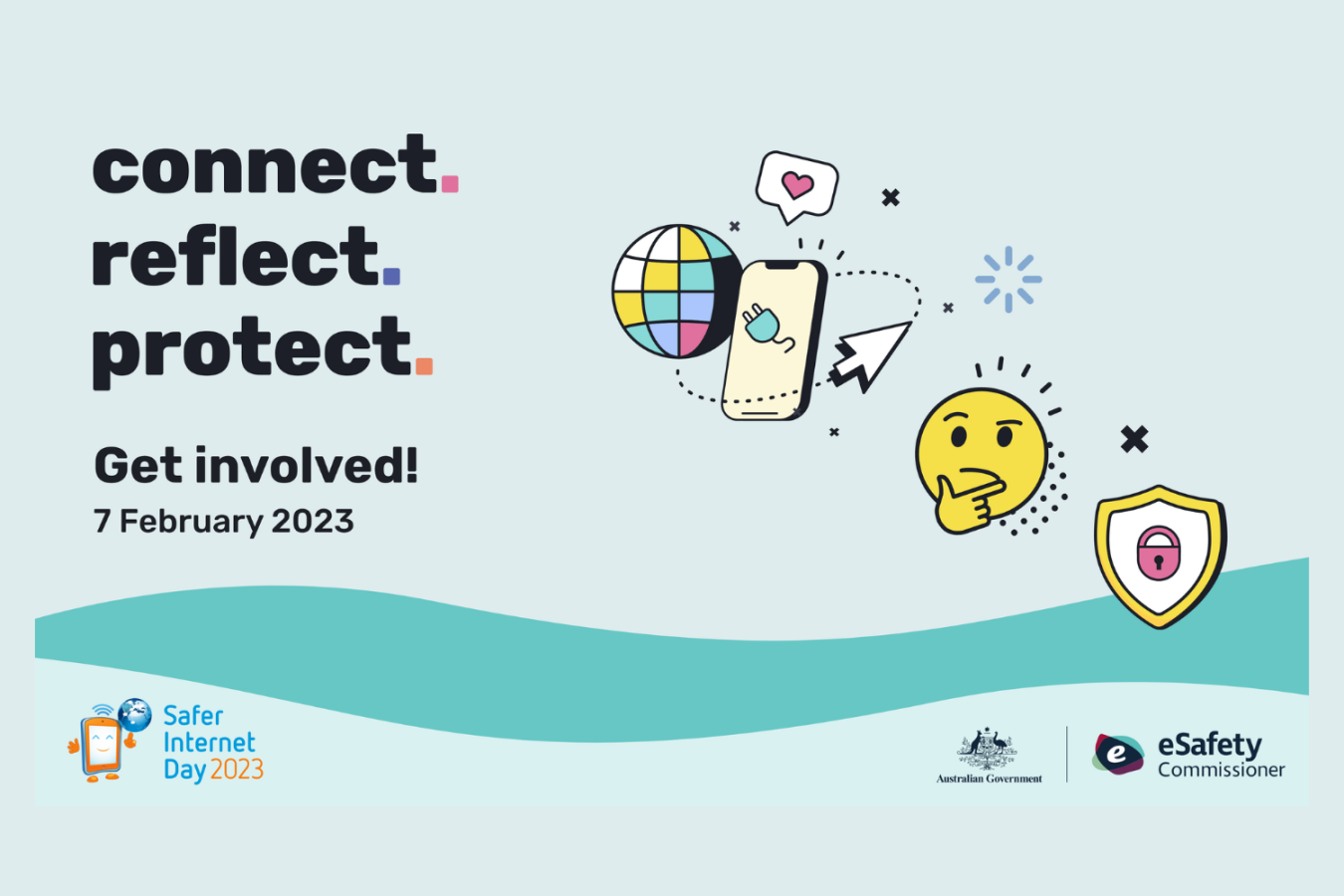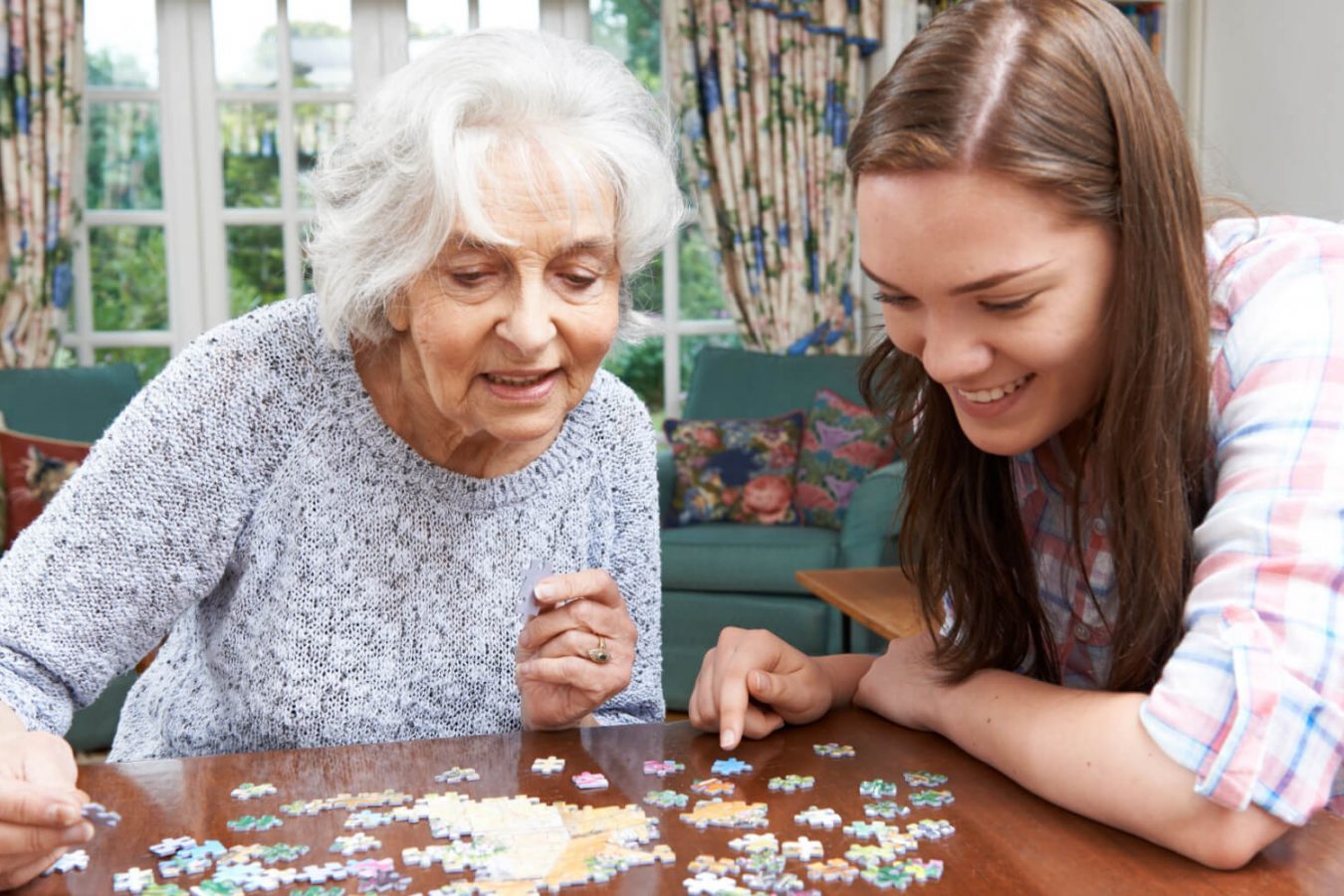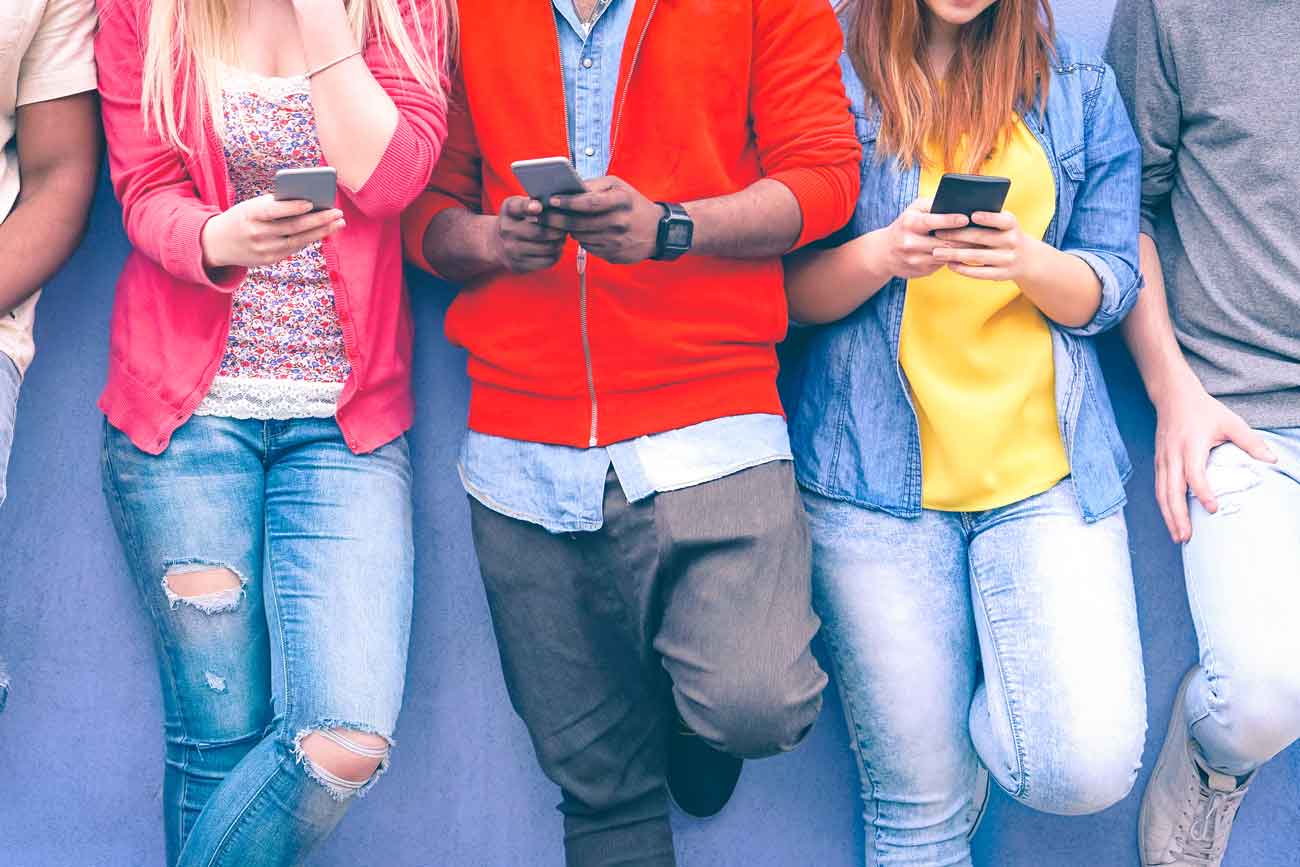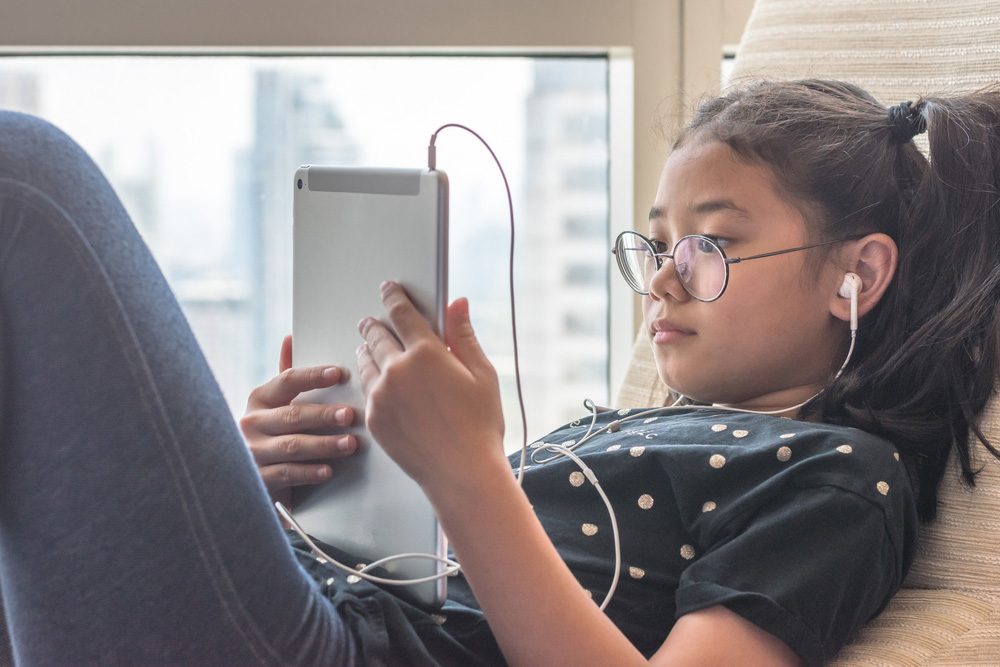
A new book urges parents to 'embrace the good' that screens can offer. We speak to the author Anya Kamenetz.
The Art of Screen Time: How Your Family Can Balance Digital Media and Real Life, by Anya Kamenetz, is about to be released in Australia.
Anya, a journalist and parent, is the lead education blogger for nprED in the United States, with a long-standing interest in the intersection between technology and children.
Her research included a survey of 500 parents, as she set out to answer the question: What’s the best approach to take to tech?
She ended up with an easily digestible slogan, based on the Food Rules of Michael Pollan: Eat Food. Not Too Much. Mostly plants.
Her version: Enjoy screens. Not too much. Mostly together.
Anya speaks with The Parents Website about her book:
Parents everywhere seem to be struggling with the dominance of screens in the lives of their children, and indeed, their own lives. Can you talk about your motivation in writing the book, and what you wanted to achieve?
I wrote this book because I needed this book as a mother. This is a topic on the minds of almost everyone I know who has kids, whether toddlers or teenagers.
One of the things you found was the failure of research on kids and screens. Why do you think there are so many gaps?
There is a lack of funding. The last major US piece of federally-funded research on kids and screens was published by the National Institute of Mental Health in 1982. Also, it’s difficult to use randomised controlled trials. You can’t randomly assign babies to watch TV 12 hours a day.
What were your main take-outs from the online survey of 500 parents on screen time?
Parents don’t really know where they stand in regards to others. There is a lot of judgement and guilt but not a lot of sharing knowledge and resources. Parents are frequently in conflict with their partners, ex-partners, and other co-parents over screen time rules. Only three per cent of my respondents claimed to ‘strictly’ limit their own tech use around their kids. We may lament our own absorption in screens but not be ready to change.
You encourage parents to ‘drop the guilt’ and embrace the good that screens have to offer. Can you expand on this, and how it can work in practice?
Digital media is in our lives as a tool to help us connect with others, discover new information and express ourselves creatively in a variety of technical and non-technical ways – creating and sharing ‘fan fiction’ or building websites or connecting over a hobby or recording lipsync videos are some easy examples. The more we share these purposes and model them for our kids, the more likely they will grow up with a suite of skills for the 21st century and the confidence to use them. And as a bonus, we are displacing more passive involvement with screens.
You look at the relationship between screen time and sleep. What did you find?
Blue light shining close to people’s eyes inhibits the production of melatonin, which makes it hard for us to fall asleep, makes us sleep more shallowly and awake more easily. The lack of sleep causes our bodies to release cortisol, which pushes us to be alert, makes us short-tempered and stressed and makes it hard to fall asleep again. When this cycle is repeated it can interfere with children’s brain development and the consequences could be far-reaching. Keeping devices out of the bedrooms is a big thing that’s changed in my house.
You examine what’s happening with screens at schools, arguing that the discussion about that seems to be happening on an ‘entirely different planet’. Can you outline your concerns?
Schools around the world have rushed to adopt devices in the understandable belief that they have to modernise and become more like the workplaces of today and in response to some outsized claims about edtech ‘magic robo-tutors in the sky’. This does bring some benefits and there are also offsetting harms. I don’t think we can put the genie back in the bottle here but I am seeing schools turn toward asking the tough questions about how to incorporate tech in a way that enhances learning and doesn’t just increase the production of buzzwords.
You can watch this video produced by npr and Anya Kamenetz of her three rules for getting the screen time balance right:
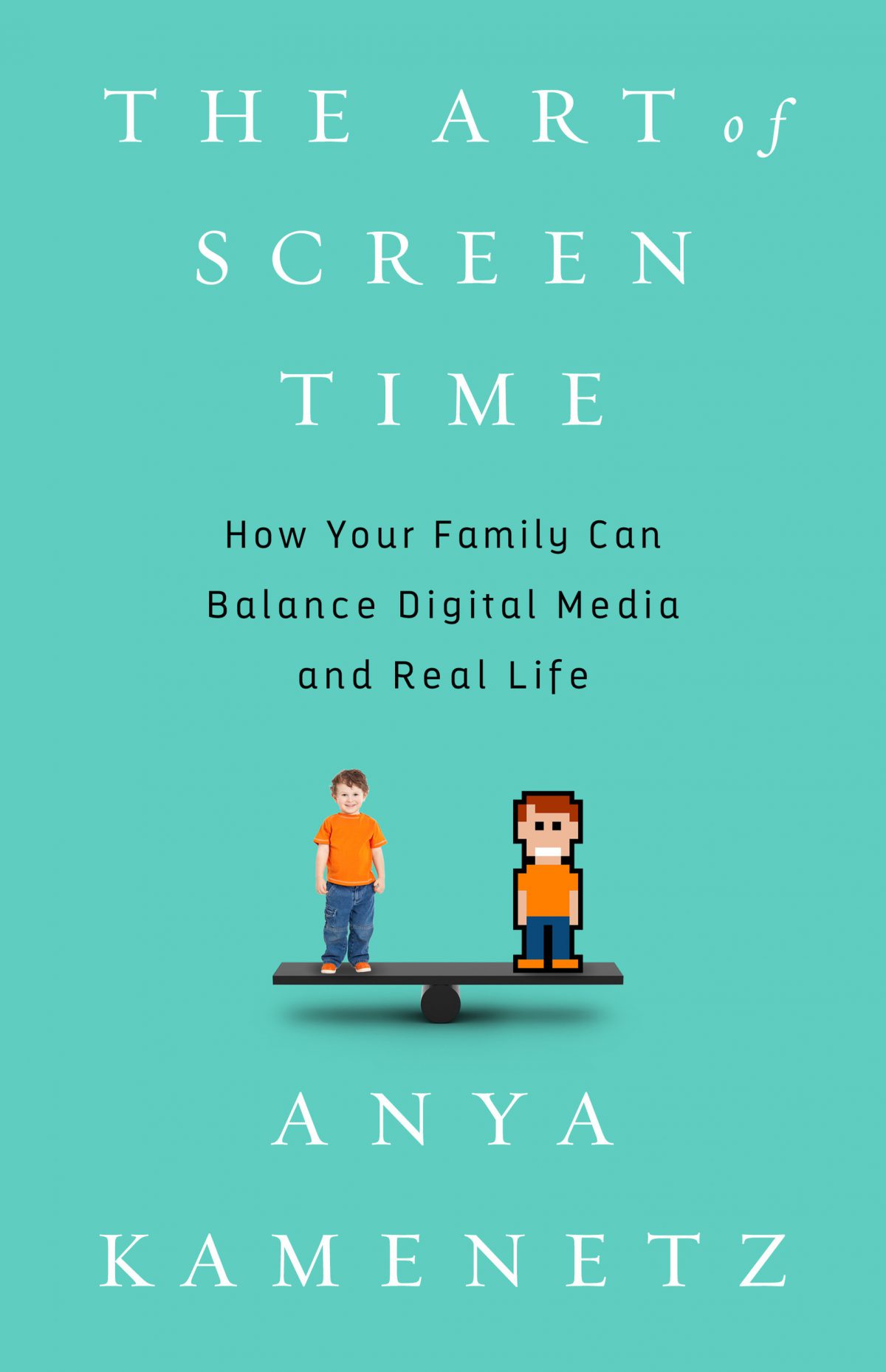
The Art of Screen Time: How Your Family Can Balance Digital Media and Real Life, by Anya Kamenetz, will be published in Australia by hachette on Tuesday 27 March 2018.
Like this post? Please share using the buttons located on this page.
Subscribe to The Parents Website